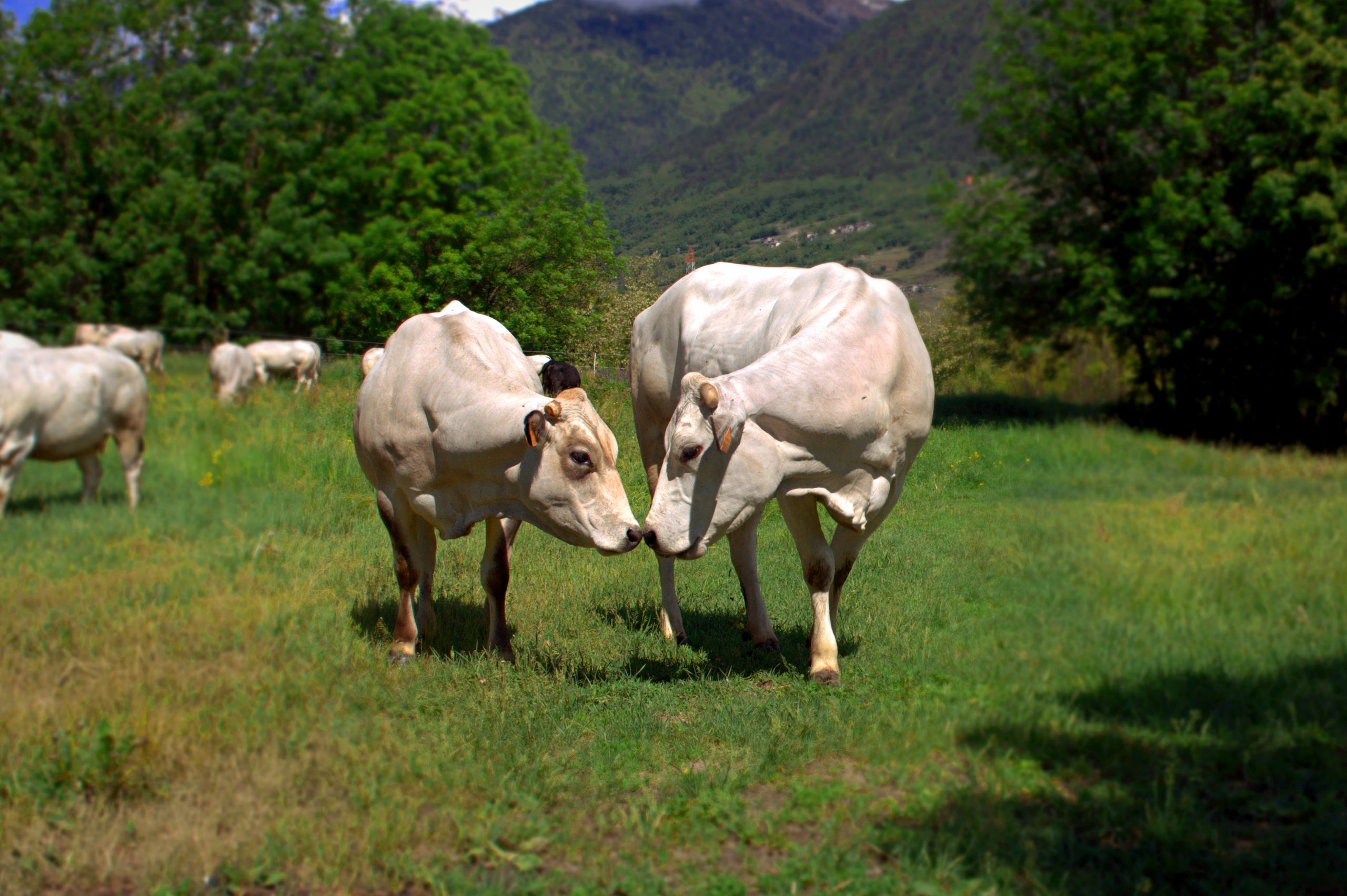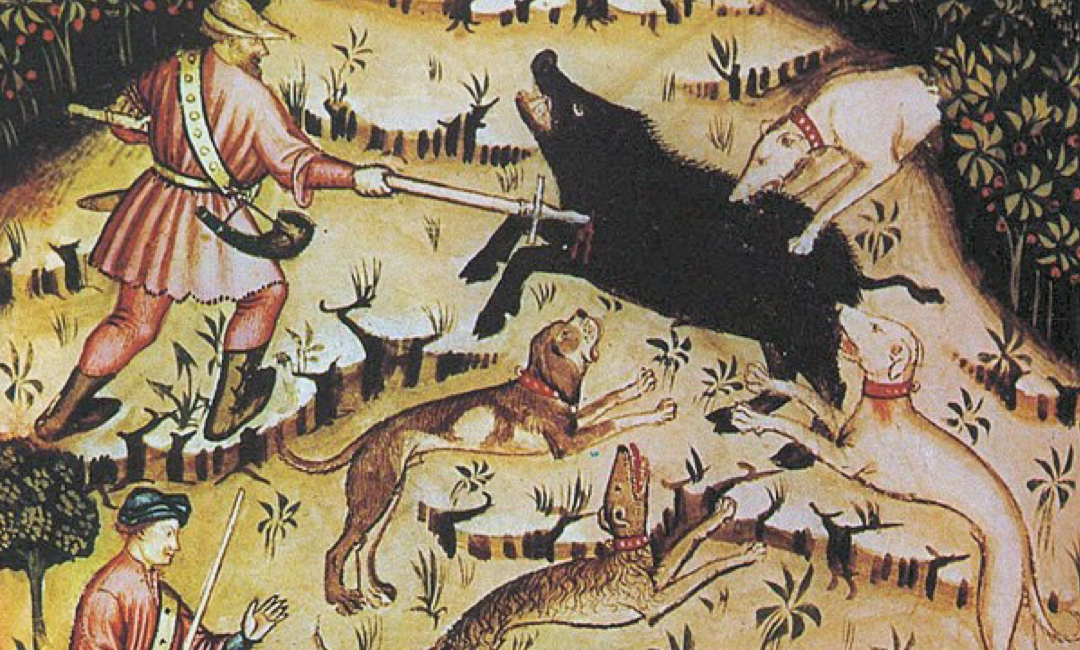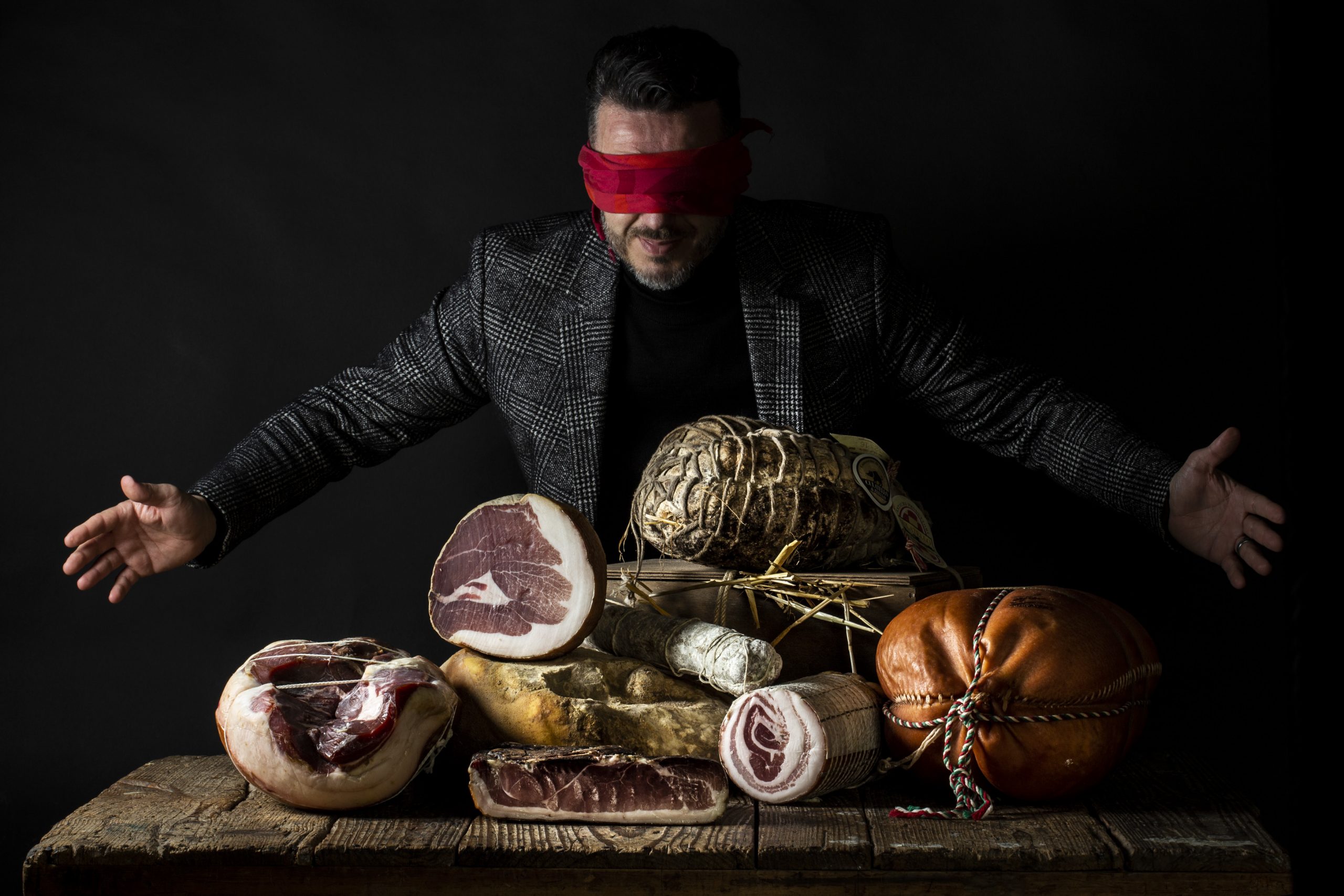
THE PROJECT
Animal Welfare: an open question.
In the second half of the twentieth century, global meat consumption increased 5-fold, from 45 million in 1950 to 233 million tons in 2000. With this growth, it is reasonable to assume that, by 2050, the amount of meat for human use and consumption will exceed 300 million tons.
THE PROJECT
Animal Welfare: an open question.
In the second half of the twentieth century, global meat consumption increased 5-fold, from 45 million in 1950 to 233 million tons in 2000. With this growth, it is reasonable to assume that, by 2050, the amount of meat for human use and consumption will exceed 300 million tons.
A survey, promoted by the United Nations Food and Agriculture Organization (FAO) in 2017, also notes that about 1 billion people depend on the animal world as a source of income or direct food, resulting in an unthinkable environmental impact. Zootechnics, in fact, is one of the primary factors in consumption of food and water resources, water pollution, land use, deforestation, soil degradation and greenhouse gas emissions as it alone involves about 3,5 billion hectares of land, or 26% of the earth’s surface.
This production model which, due to the enormity of its proportions is obviously not sustainable, is already showing its catastrophic effects for the planet and, with it, for mankind. Not only in the long term but also in the short, very short term. Intensive farming, in fact, affects the use of non-renewable resources (water and land), the exploitation of which significantly contributes to exacerbating the unavoidable climate warming problem. Within this framework, therefore, the debate on animal welfare that began at the end of the Enlightenment and the beginning of Romanticism has been revived.
It was, in fact, 1776 when the English clergyman Humphrey Primatt authored the famous ‘A Dissertation on the Duty of Mercy and Sin of Cruelty to Brute Animals’, aimed at encouraging the duty of mercy and to avert the sin of cruelty to animals, followed in 1822 by the Cruel Treatment of Cattle Act by Irish politician Richard Martin, one of the founders of the first world organization on the subject – the Society for the Prevention of Cruelty to Animals – which, in 1840, obtained the blessing of Queen Victoria.
In the United States, on the other hand, the Animal Welfare Institute has been active only since 1951 and its work is dedicated to the reduction of animal suffering caused by humans according to a 360° activity that includes, but is not limited to, the food industry. Finally, at the European level, it was only in 2007 that, with the Treaty of Lisbon, animal rights were formalized, considered as sentient beings and, consequently, deserving of policies aimed at their well-being.
Thus was born the Animal Welfare which includes, in its protocol, interventions in the field of transport, pharmaceuticals and, more generally, animal ethics. The bull’s eye of the European Community is particularly focused on the pharmaceutical industry, especially in light of a report that has established that, in Germany alone, compared to the 300 tons of antibiotics for human use, 1700 tons are destined to preventive veterinary use. A practice that has very serious consequences in the biomedical and evolutionary fields.
In 2011, the Farm Animal Welfare Council (FAWC), an independent advisory body, established a protocol containing five inalienable animal freedom principles, which we summarize as follows:
- Freedom from thirst, hunger and malnutrition.
- Freedom from discomfort through access to shelter from the elements and a comfortable resting area.
- Freedom from pain through suitable prevention and rapid diagnosis and treatment.
- Freedom to express its normal behavioral patterns through sufficient space and proper facilities.
- Freedom from fear or distress by ensuring living conditions and treatments that avoid both physical and mental suffering.
Thus, by order of the European Commission, the first reference center based in the Netherlands was founded, dedicated to the well-being of pigs. An institution that has promoted the inception in Italy, of OPAS – Pig Breeders Product Organization – which provides for policies of awareness and training of the personnel involved as well as the distinguishing characteristic to include only those pigs of Italian origin that are born and reared in Italy and slaughtered at the OPAS plant. To this is then added the establishment of high hygiene and health standards, aimed at protecting the breeding farm from infections and diseases treated through a targeted pharmacological policy, which is only in case of proven necessity.
Today, the emergence of this new type of ethics, encouraged by the triggered virtuous circle is also attracting specific investments as demonstrated by the Fair Animal Investment Risk & Return (FAIRR), promoted in 2015 by the Jeremy Coller Foundation in London. An international network of investors that has placed Animal Welfare in an environmental, social and governance context.
Among the latest activities, the foundation has requested a greater commitment from McDonald and Burger King to reducing the environmental impact of their supply chain, particularly in terms of CO2 emissions and water use.
Other tools are then obtained from the hierarchy of indices designed to compile the rankings of the most virtuous companies, as established in 2012 by the Business Benchmark on Farm Animal Welfare (BBFAW), the leading global measure of farm animal welfare management, policy commitment, performance and disclosure in food companies, which measures precisely how global companies behave in the food sector among production, distribution and foodservice. In the last report, relating to 2017, 110 companies were analyzed, including six Italian companies, and it was highlighted with crystal clear evidence that the growing companies – today there are 17 while in the first report, in 2012, there were 3 – are those that consider Animal Welfare a priority in their business strategy. In the report, a decisive element emerges: according to the companies surveyed, in fact, the main factor that pushes companies to improve on the issue of Animal Welfare is the consumer demand and, only in second instance, the attention of the media and the pressure of any NGOs, confirming one of the great assumptions of classical economics, that it is the demand that determines qualitatively, their supply.
Learn more about the project
The delicatessen in history

Although the art of pork butchery in our Country seems to derive from the homonymous city of Norcia, along the entire perimeter and history of Italy cured meats and sausages are part of every Italian’s home.

